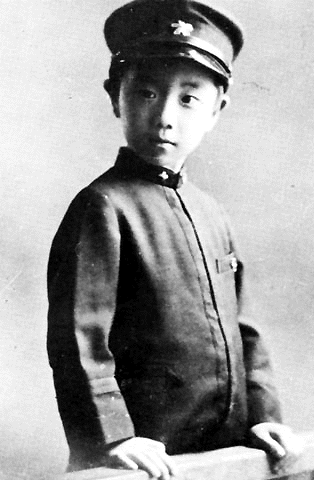
I discovered that the way of Samurai is Death. In a fifty-fifty life or death crisis, simply settle it by choosing immediate death. There is nothing complicated about it. Just brace yourself and proceed.
Some say that to die without accomplishing one's mission is to die in vain, but this is the calculating, imitation of samurai ethic of arrogant Osaka merchants.To make the correct choice in a fifty-fifty situation is nearly impossible. We would all prefer to live. And so it is quite natural in such a situation that one should find some excuse for living on. But one who chooses to go on living having failed in one's mission will be despised as a coward and a bungler. This is the precarious part. If one dies after having failed, it is a fanatic's death, death in vain. It is not, however, dishonorable. Such a death is in fact the Way of the Samurai.
Jōchō Yamamoto
<>
If a man holds death in his heart, thinking that whenever time comes he will be ready to die, he cannot possibly take mistaken action. When a man takes mistaken action, Jōchō believes it must be failing to die at the proper time.
The proper time does not come along often, however. The choice between life and death may only come once in a lifetime.
<>
Jōchō is concerned with death as a decision, not with natural death. He spoke not of resignation to death from illness, but of resolution to self-destruction. Death from illness is the work of Nature, whereas self-destruction has to do with a man's free will. And if the extreme manifestation of man's free will is the free will to die, Jōchō asks, than what is free will?
Here is the typical Japanese view that being cut down in battle and committing ritual suicide are equally honorable; the positive form of suicide called hara-kiri is not a sign of defeat, as it is in the West, but the ultimate expression of free will, in order to protect one's honor.
<>
when one breaks through the constricting forces by choosing to die, one is performing an act of freedom.
This is, however, inevitably an idealized view of death, and Jōchō knows perfectly well that death does not often appear in such a pure and uncomplicated form. The formula death-equals-freedom is the ideal formula of the samurai. One must read between the lines to find Jōchō's deep-rooted nihilism: He knows that death is not necessarily like that.
Yukio Mishima. The Way of the Samurai